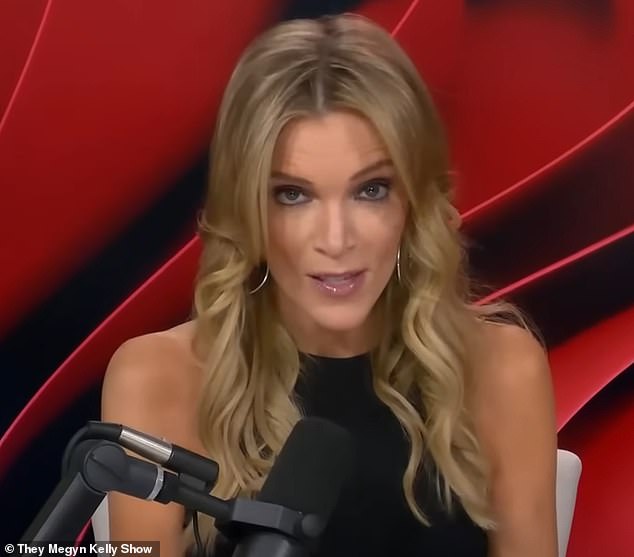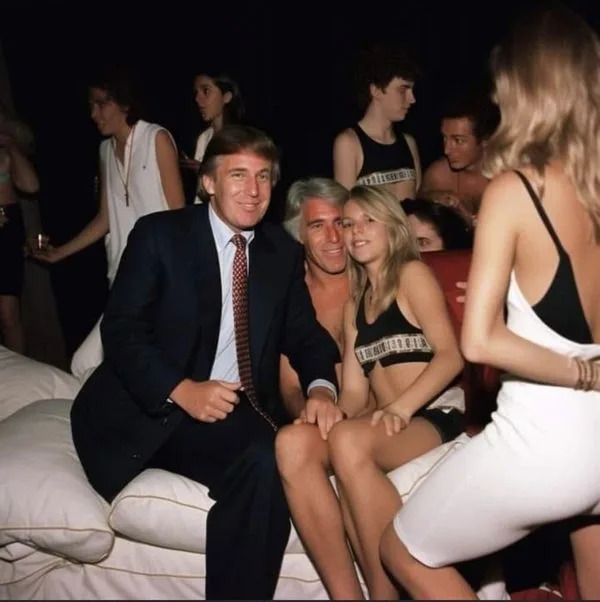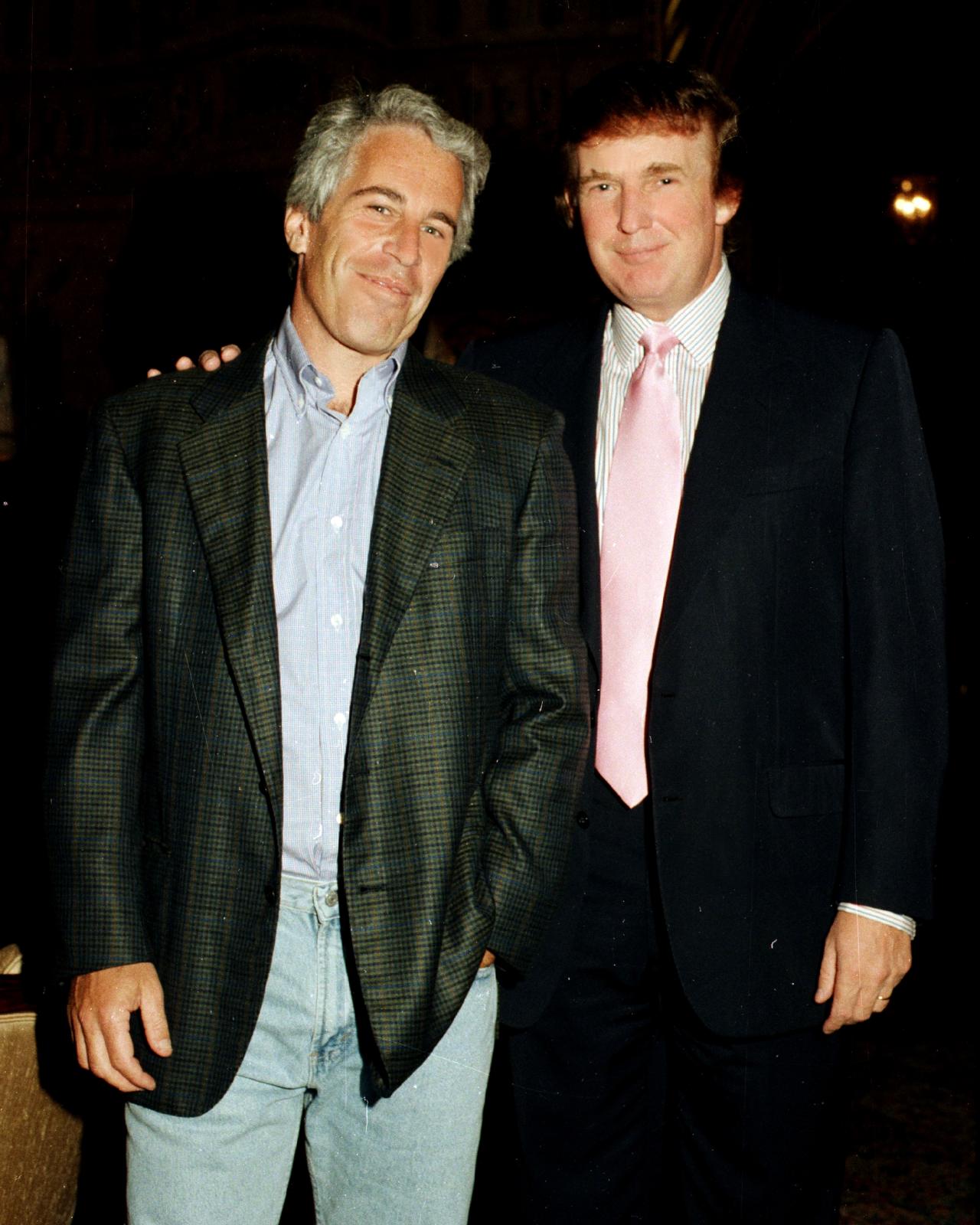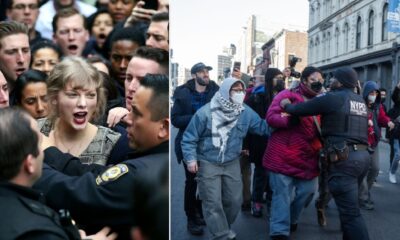CELEBRITY
BREAKING: Taylor Swift BLASTS Megyn Kelly After Kelly’s Controversial Statement — “I Know Somebody Close to This Case… Jeffrey Epstein, in Their View, Was Not a Pedophile… There’s a Difference Between a 15-Year-Old and a 5-Year-Old.” Taylor Fires Back: “Shut Up, Meg. Fifteen Is NOT Legal. This Is Not a Debate. These Girls Were CHILDREN. The People on the Epstein List Didn’t ‘Have Sex’ With Minors — They RAPED Them.” Swift Accuses Kelly of Defending Predators and Says, “Megyn Kelly Doesn’t Deserve a Platform. I’m Calling for Her Immediate Resignation — And Anyone Supporting This Has 72 Hours to Cancel the megynkellyshow Before I Cancel My Subscription. Your Move.”
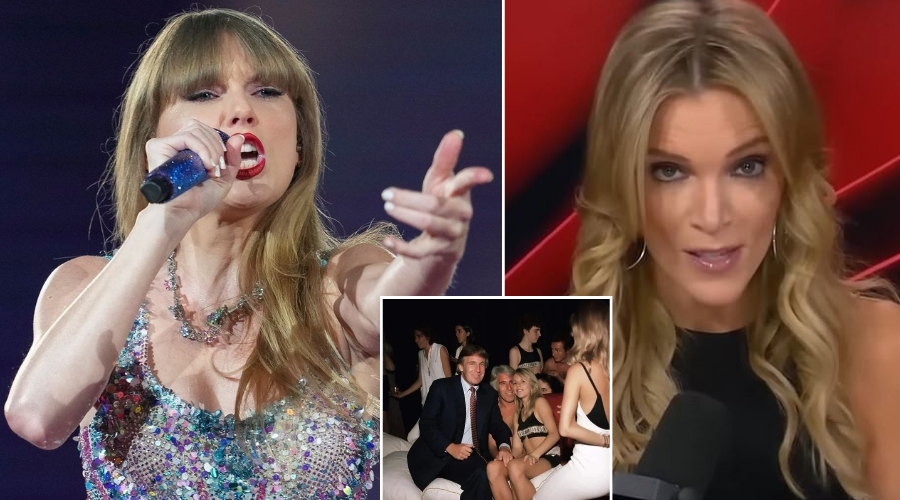
Taylor Swift ignited a firestorm across social media after reacting sharply to Megyn Kelly’s recent comments about the Jeffrey Epstein case. Kelly’s remarks, which instantly sparked backlash, included her saying she “knew somebody very close to the case” who believed Jeffrey Epstein “was not a pedophile,” followed by her controversial claim that “there’s a difference between a 15-year-old and a 5-year-old.” The clip spread rapidly, drawing criticism from all sides, but none louder or more forceful than Taylor Swift’s. Her response, framed as her personal opinion and outrage at the implications of Kelly’s words, quickly became the center of the national conversation.
For Taylor, the issue wasn’t just another televised comment or careless phrasing. It was, in her view, a dangerous normalization of language that minimizes the severity of crimes against minors. Swift, who has spoken out in the past about abuse, consent, and power imbalance, seemed deeply angered by what she interpreted as a dismissal of the trauma endured by the girls connected to the Epstein case. Her response came swiftly and fiercely, as she accused Kelly of crossing a moral line that should never have been approached in the first place.
In her post, Taylor expressed disbelief and disgust that anyone with a platform would attempt to draw distinctions that, in her eyes, could undermine the reality of what those victims experienced. She emphasized that fifteen-year-olds are legally children, incapable of giving consent in any context involving an adult, and she condemned what she perceived as language defending or softening the behavior of powerful men implicated in the Epstein scandal. For Taylor, this was not about politics or media rivalries—this was about the protection of minors, accountability, and a refusal to tolerate rhetoric she believed could harm survivors.
Her message quickly went viral, not only because of its intensity but because it tapped into a larger collective anger that has lingered since the Epstein case resurfaced in public discourse. People who had already been stunned by the long-standing secrecy around the case felt newly outraged hearing Kelly’s remarks. In many ways, Taylor became the voice echoing what thousands were already screaming into their screens: that the suffering of victims must not be minimized, rewritten, or rationalized.
As the conversation expanded, Swift’s comments about “calling for her immediate resignation” struck an even deeper chord. Many saw it as a celebrity leveraging her influence to demand accountability from other public figures. Others argued that Taylor’s reaction was a reflection of the broader frustration society feels when powerful individuals make statements that seem to undermine justice or empathy. Whether one agreed with her or not, what stood out was Taylor’s unfiltered conviction. She did not soften her tone or dilute her emotions—she stated exactly how she felt, and millions heard her clearly.
The backlash toward Kelly intensified after Taylor’s post. Fans, activists, and even people outside the entertainment world began discussing the power of words, the responsibility attached to public platforms, and the long-term cultural damage that can come from normalizing harmful narratives. Many who supported Taylor felt that her reaction was not only justified but necessary, arguing that silence would have implied acceptance. Her critics, however, labeled her response as excessive or emotionally charged, questioning whether celebrities should call for the removal of media personalities. The divide online became sharp, but the conversation continued to grow in volume and urgency.
Meanwhile, supporters praised Taylor for confronting a subject many consider too dark or too controversial for the entertainment sphere. They admired that she was willing to speak forcefully, without euphemism or hesitation, about the exploitation of girls who were manipulated, coerced, and stripped of choices. To them, Taylor wasn’t just reacting to one comment—she was addressing a long-standing pattern of minimizing the trauma of young victims, a pattern that has persisted in media and society for decades.
The ripple effect of her statement also reignited discussions about power, influence, and the moral obligations of public figures. People debated whether Kelly’s comments were misinterpreted or whether Taylor’s anger was a necessary cultural check. The debate itself showed how deeply the Epstein case continues to affect the public consciousness and how sensitive the topic remains. Taylor’s voice amplified that sensitivity, reminding everyone that the victims at the center of this case were children—frightened, manipulated, and, in many instances, unheard.
Whether or not her call for cancellations or resignations gains traction, one thing became immediately clear: Taylor Swift’s words once again shifted the public conversation. She forced people to confront uncomfortable truths and to reflect on how society discusses, perceives, and responds to crimes involving minors. Her involvement amplified the stakes, and her influence ensured that the topic could not be brushed aside or forgotten.
In the end, Taylor’s reaction wasn’t simply a celebrity feud or a moment of outrage. It was a pointed declaration of where she stands and what she refuses to tolerate. She framed her message as a defense of children, a rejection of rhetoric she views as harmful, and a demand for accountability from anyone who plays a role in shaping public understanding. Whether people agree with her methods or not, her voice once again brought a difficult topic to the forefront, reminding the world that silence is never neutral when it comes to protecting the vulnerable.

